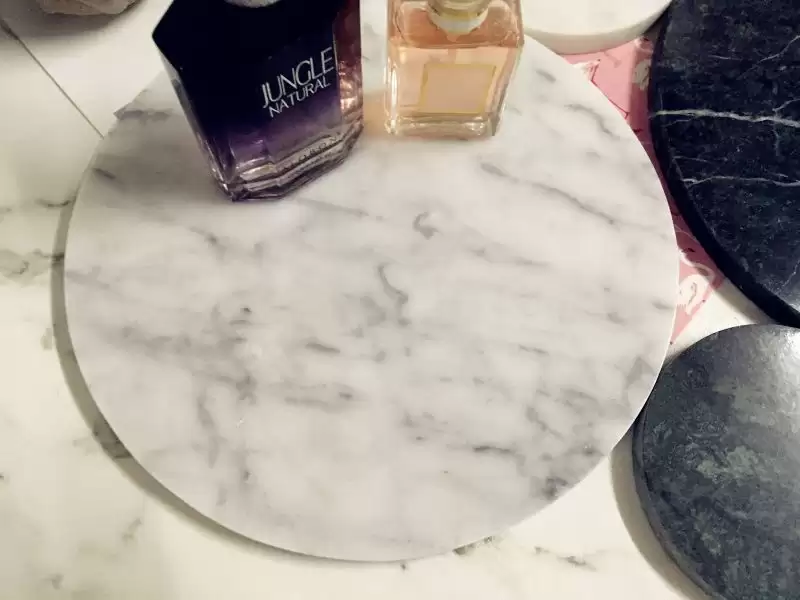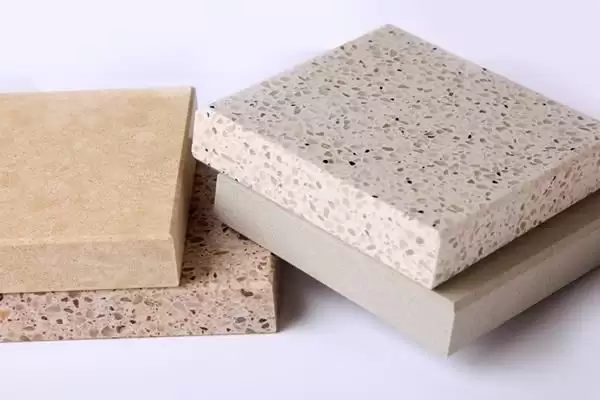

Granite:
Granite is a hard material formed by nature. Before the use of your granite countertop, please be sure that the proper sealant has been applied. Please note that when Art Kitchen Studio installs your countertop, a sealer is already applied. It is recommended that a sealer be placed on the stone yearly, or every 6 months for maximum protection (this is especially recommended for lighter colored granite). Follow the directions on the labeled product to apply the sealant and let stand for prescribed amount of time. Be sure to repeat this process annually to retain the beauty of this material.
Cleaning Granite Countertops:
Thanks to the sealant process, you can now use your stone daily with no concerns! To clean your stone, apply Windex ,the original blue kind, to the surface and wipe away. Be sure not to use any lemon or orange products as this will break down the sealer that has been applied.
Marble:

Marble also needs a sealant for protection and it requires a bit more attention. Before the use of your marble countertop, please be sure that the proper sealant has been applied. Please note that when Art Kitchen Studio installs your countertop, a sealant is already applied. It is recommended that a sealant be placed on the stone yearly, or every 6 months for maximum protection. This stone is both porous and much softer than granite. Avoid having oils and/or acidic substances being left on top of the stone for extended periods of time. These substances can absorb into the stone and cause staining. With a few extra cautious steps, your marble will remain gorgeous.
Cleaning Marble Countertops:
To clean your stone, apply any product without ammonia. A simple mixture of non-abrasive soap and water is preferred.
Quartz:

Quartz is a man-made material and no sealant is required. Though it is durable, some precautions should still be taken. Avoid long exposures to acidic substances on the surface. Make sure to use non-abrasive products on your stone. Be cautious of any instance that can cause scratches such as cutting directly on the stone as opposed to using a cutting board.
If these recommendations are followed, your stone will keep looking brand new.